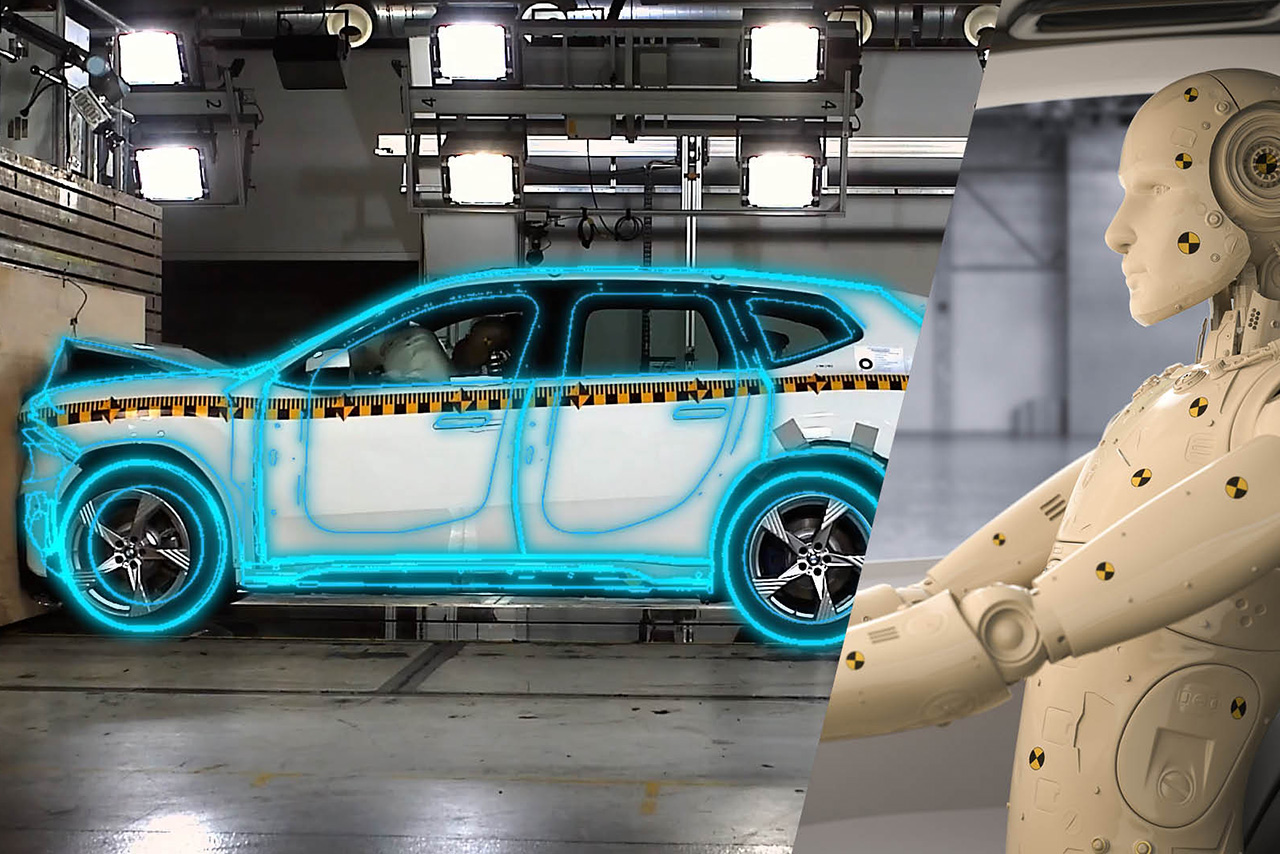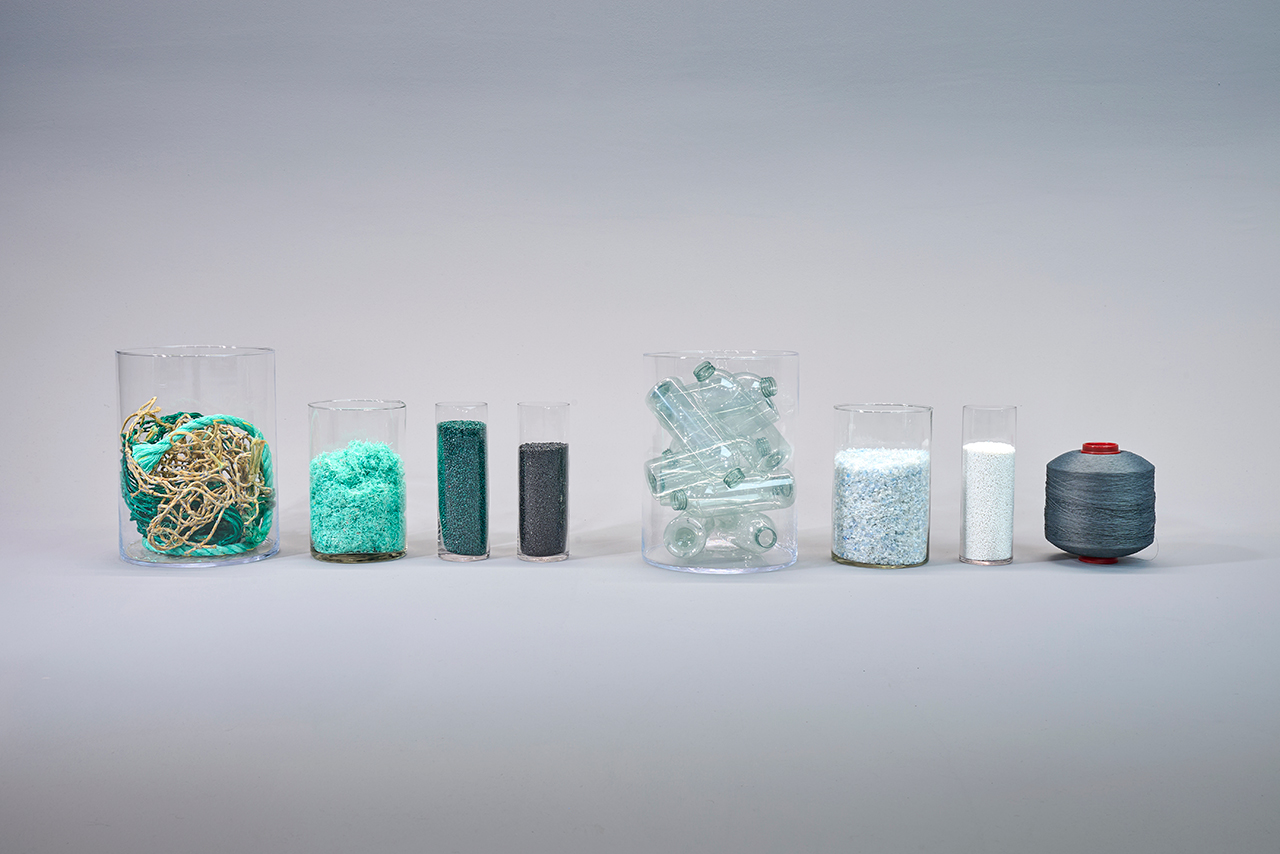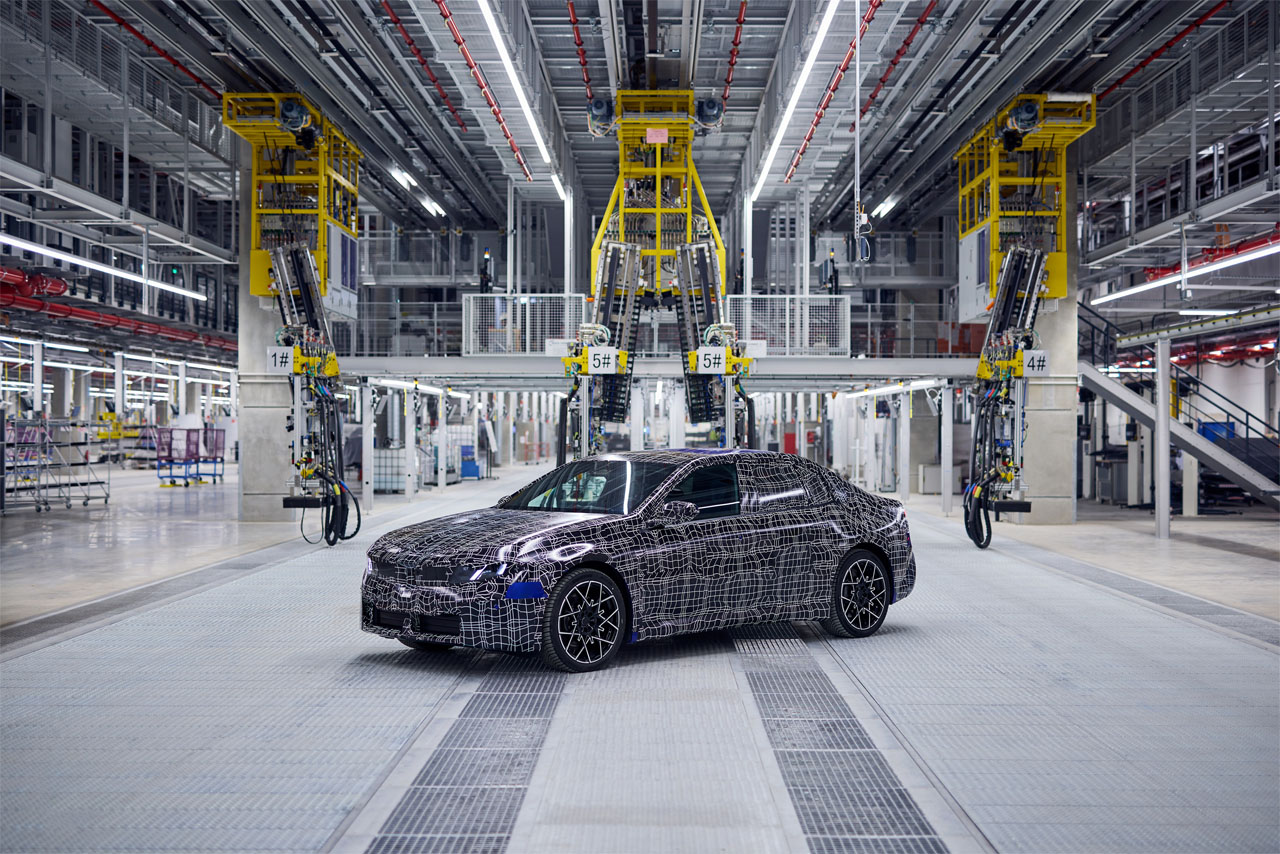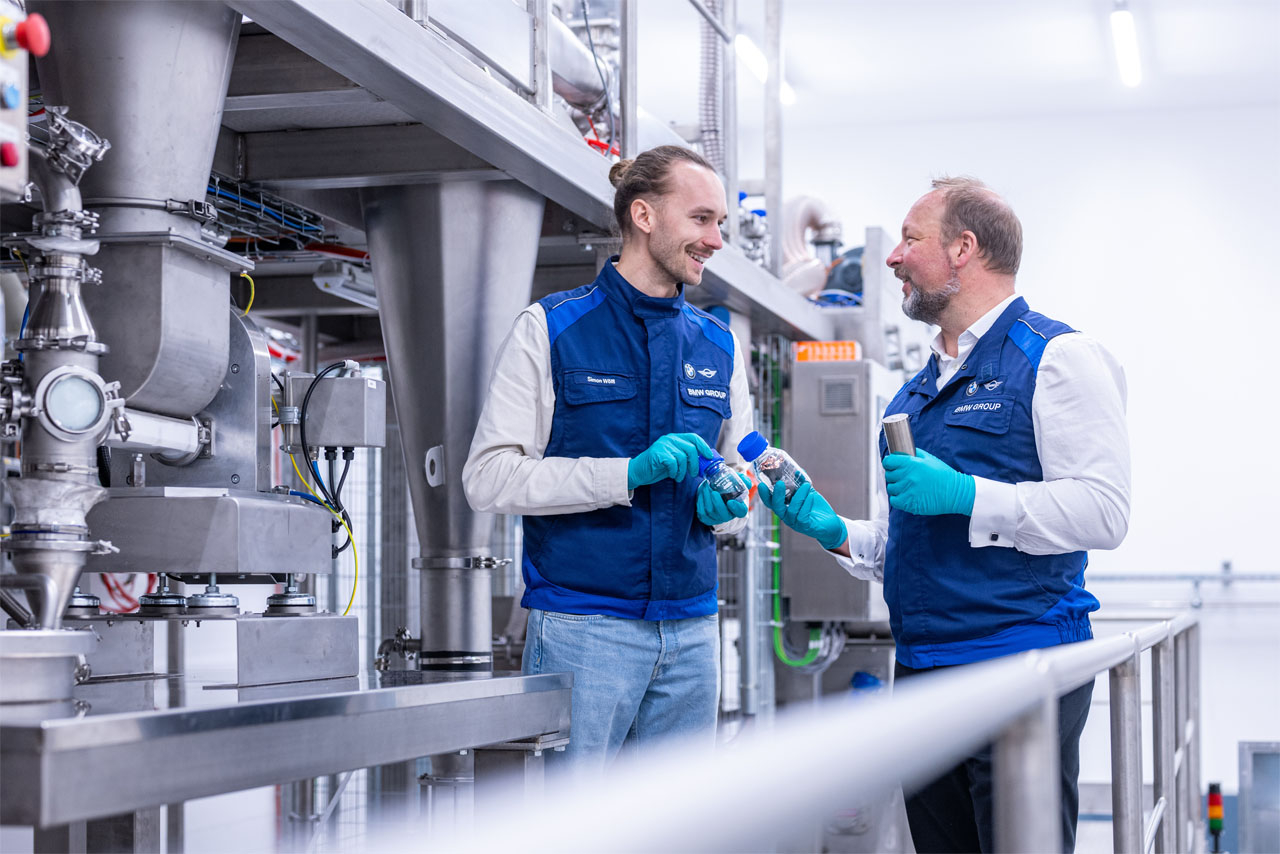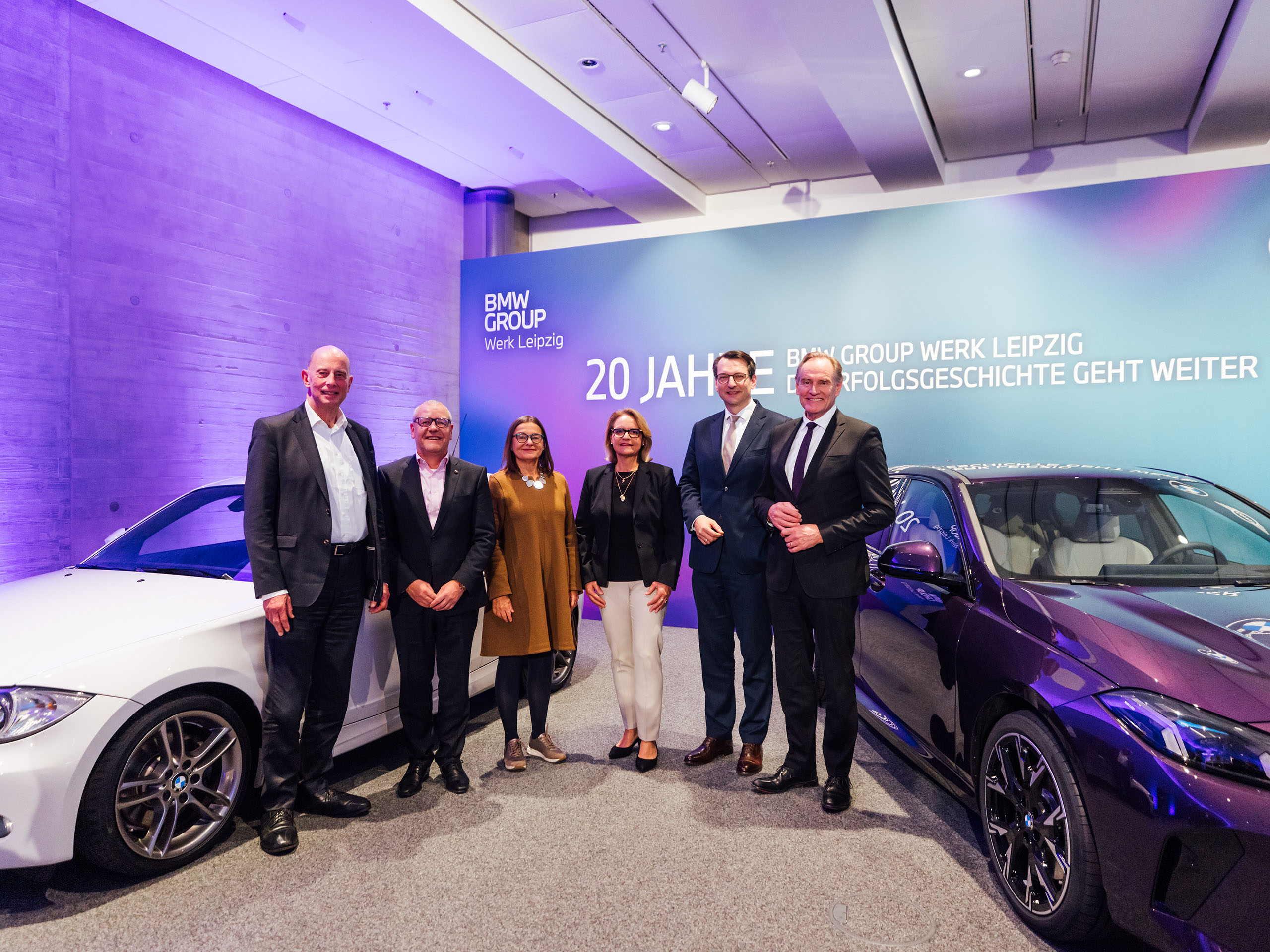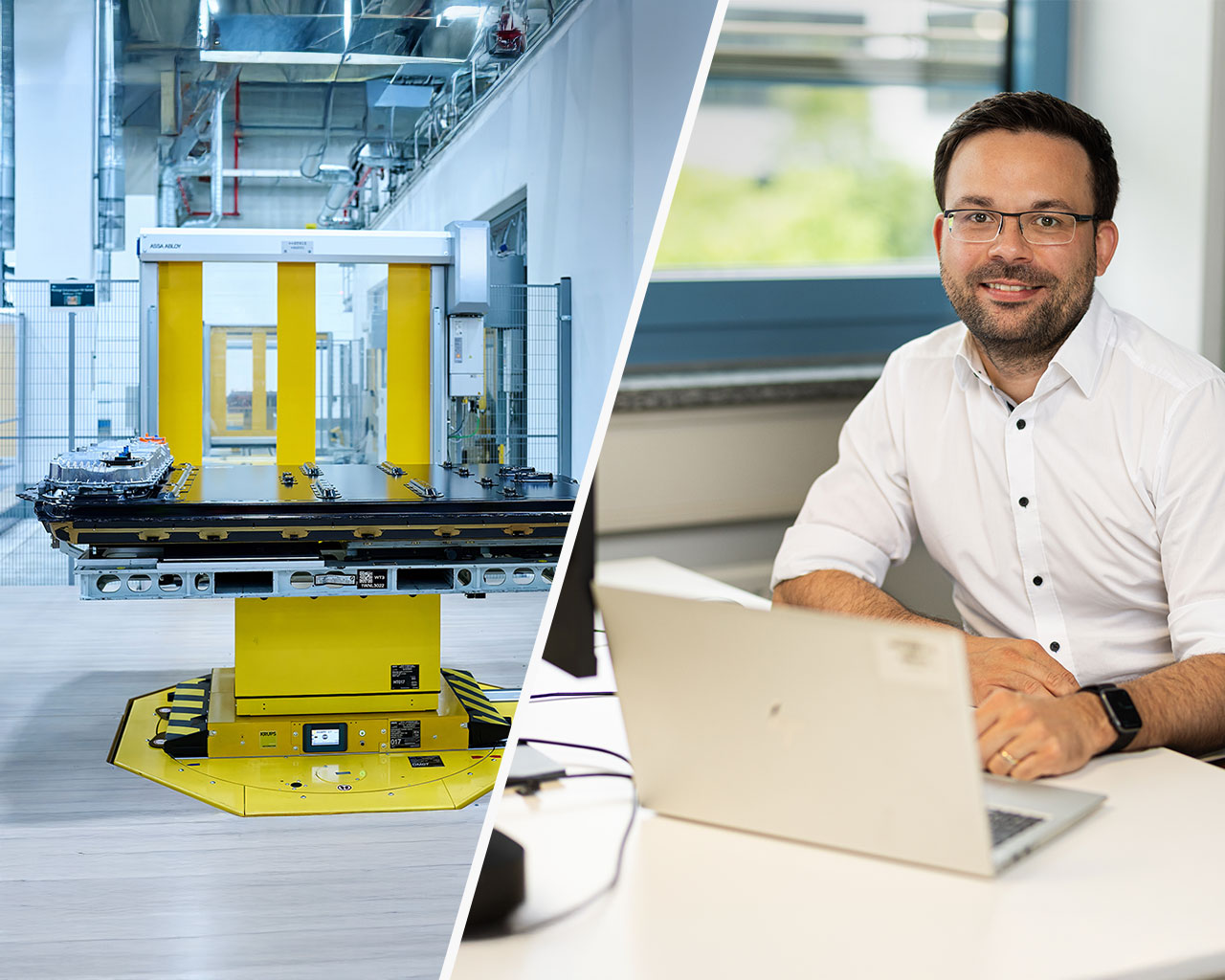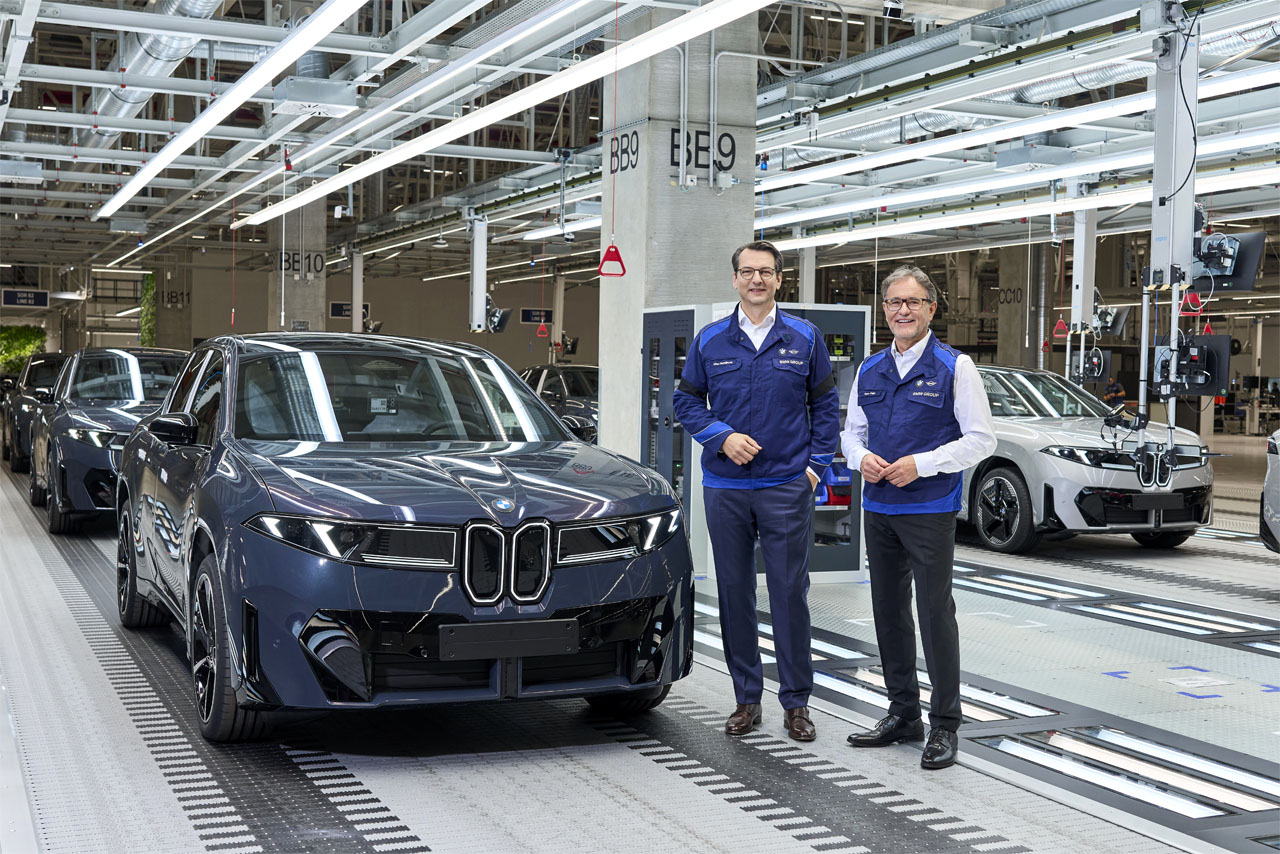The BMW Group sets the bar in terms of the future of production. As customer demand for electric vehicles increases, we deliver, embracing the opportunities of digitalisation to save resources in production and stay competitive.
The BMW iFACTORY is our visionary strategy for car production. It represents a holistic manufacturing concept and stands for efficiency, sustainability and digitalisation for future-proof car production. The BMW iFACTORY focuses on artificial intelligence, circular economy, autonomous transport systems and sustainable energy sources.
The BMW iFACTORY concept is being implemented at every one of our plants worldwide – from our new facility in Debrecen, Hungary, to our 100-year-old home plant in Munich. Coupled with our highly qualified team and cutting-edge technologies, the BMW iFACTORY is a powerful response to the challenges of the transition to electric mobility.









